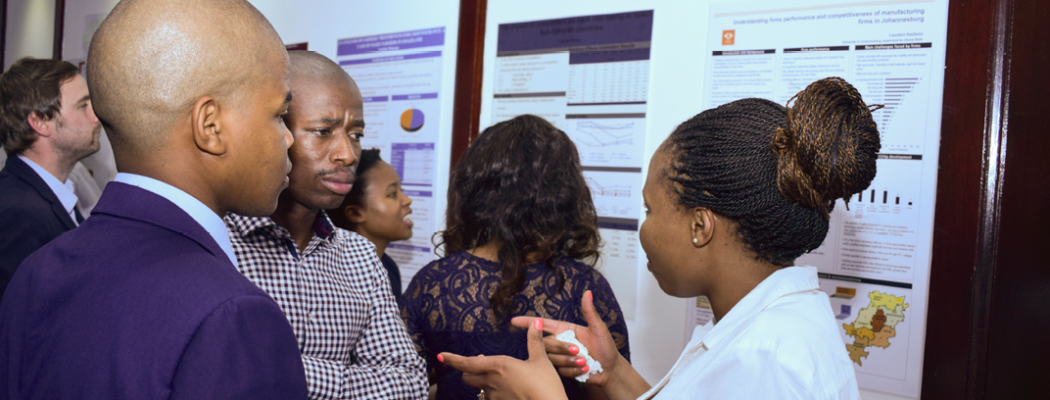About
The Southern Africa – Towards Inclusive Economic Development (SA-TIED) programme looks at ways to support policy-making for inclusive growth and economic transformation in the southern Africa region, through original research conceived and produced in collaboration between United Nations University World Institute for Development Economics Research (UNU-WIDER), National Treasury, International Food Policy Research Institute (IFPRI), and many other governmental and research organizations in South Africa and its sub-region. A key aspect of the programme is to encourage networking and discussion amongst people involved in policy processes across the participating organizations and civil society aiming to bridge the gap between research and policy-making.
The southern African region has great potential for economic transformation and inclusive growth. Due its role in the region, South Africa could help enable development in southern Africa as a whole. However, current domestic barriers in the South African economy — such as restrained access to credit, low productivity growth, high unemployment rate, poor public revenue mobilization, and inefficient transport infrastructure — have hampered this potential. This is further reinforced by constrains at the regional level, including a divergence between national policies and the regional integration agenda, limited regional integration, skewness to exports flows, low level of regional investments, and poor connective infrastructure.
New solutions deriving from old partnerships
During 2014-16, the National Treasury and UNU-WIDER collaborated on the research project Regional Growth and Development in Southern Africa, which produced new insights on firm-level performances, public revenue mobilization, and regional trade opportunities. The research informed several policies in South Africa, and the project facilitated new research opportunities and collaborations between researchers and public institutions in South Africa and the region. Building on this momentum and scaling up the engagement, a new three-year programme, SA-TIED, was launched by the project partners in November 2017. Strong partnerships are key in this programme achieving its objective and it is expected that the set-up with four South African government agencies will facilitate interesting collaborations, and help identify and exploit synergies. Besides the formalized partnerships within the program, SA-TIED will additionally reach out to external collaborators in the research community, as well as to stakeholders involved in policy debates in southern Africa.
A comprehensive approach for supporting inclusive growth
Economic transformation is a complex process that requires well-timed policy interventions across different sectors and areas. The complexity of the aims is reflected in the six thematic work streams that have been identified under SA-TIED:
1. enterprise development for job creation and growth
2. public revenue mobilization for inclusive development
3. macroeconomic modelling for policy formulation
4. turning the tide on inequality
5. climate change and energy transition as drivers of change
6. regional growth for Southern Africa’s prosperity.
Combined, these work streams will produce high-quality and policy-relevant research that offers solutions to the current bottlenecks in the South African economy. In addition, all work streams, and in particular work stream 6, will focus on the regional dimension of inclusive growth and economic transformation.
Capacity-building and policy bridging at the heart of SA-TIED
The programme emphasizes capacity-building and research dissemination allowing the knowledge to be located and used for shaping policy across the region.
Capacity building is carried out through research collaborations, co-authoring of papers, engaging PhD candidates, junior researchers, and staff, and work on the collection and management of public data for research purposes.
A key dimension of SA-TIED is to bridge the gap between research and policy-making. An important part of the programme is communicating knowledge to facilitate greater engagement with policy makers, the research community, and civil society. Policy dialogue events will take place on a continuous basis to provide a platform where policy makers and researchers can discuss research findings, their effect on the policy process, and further research ideas.





